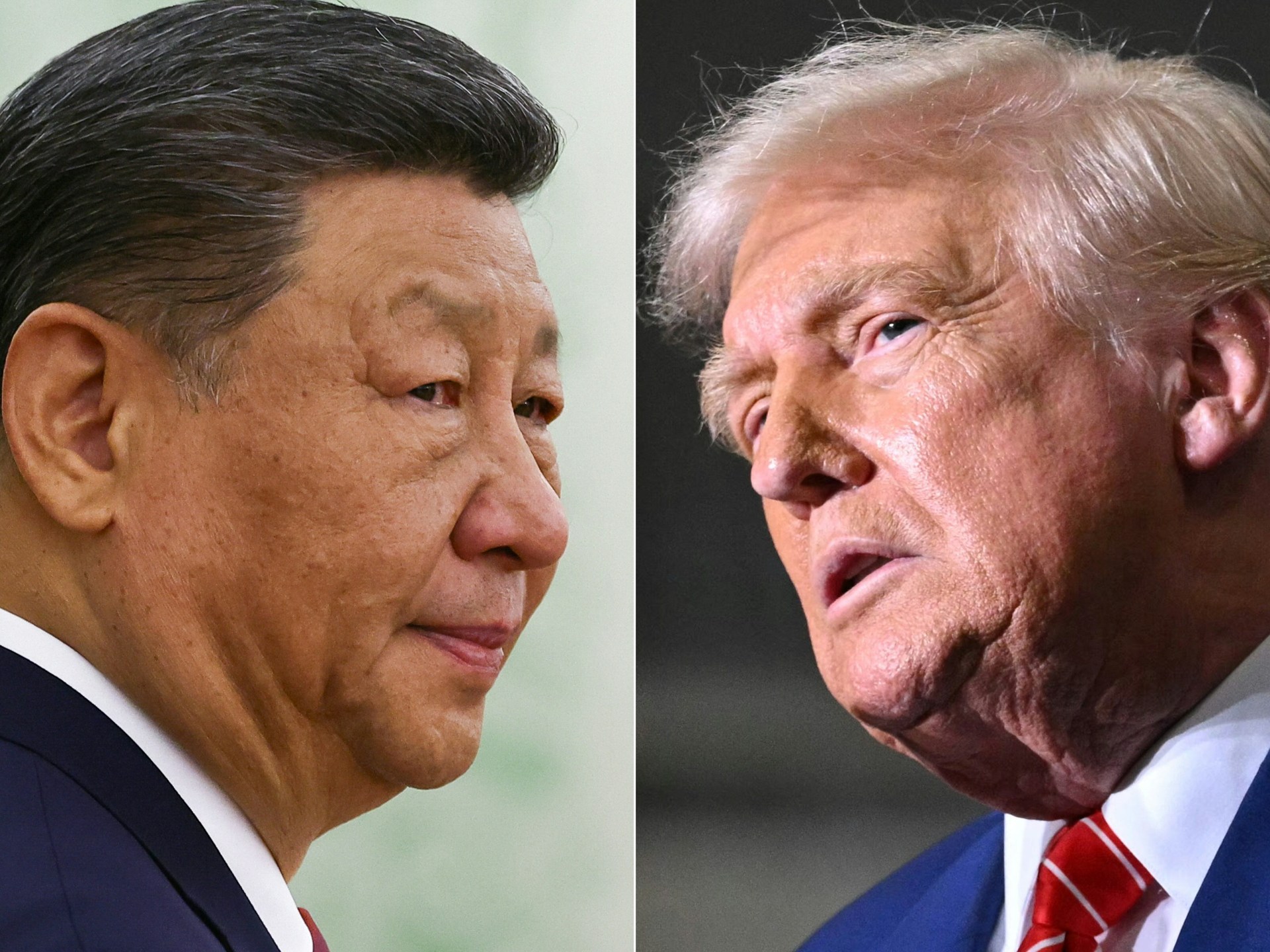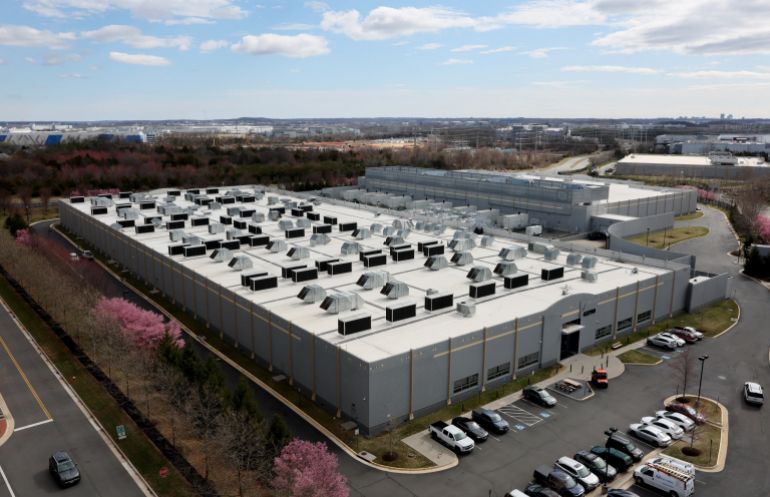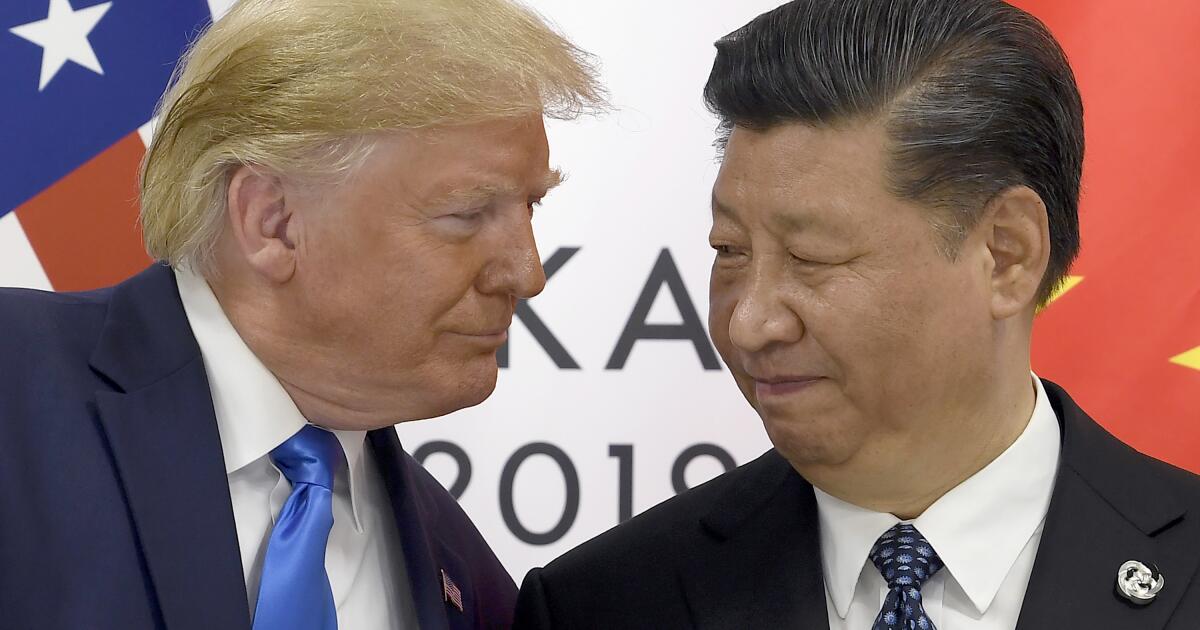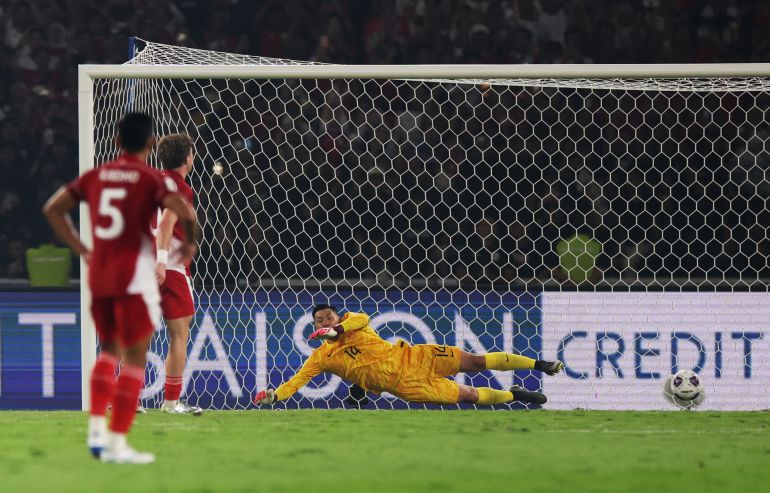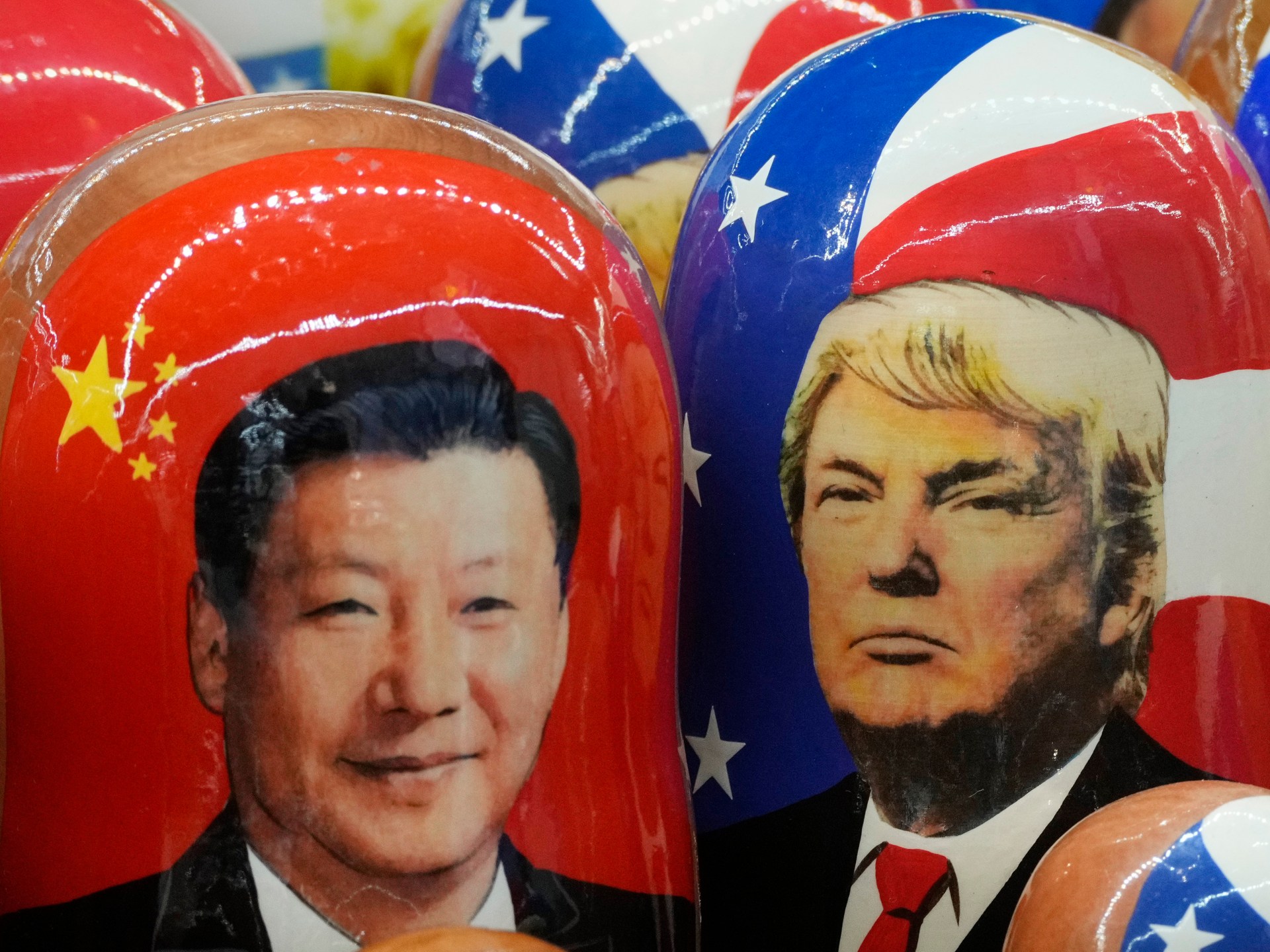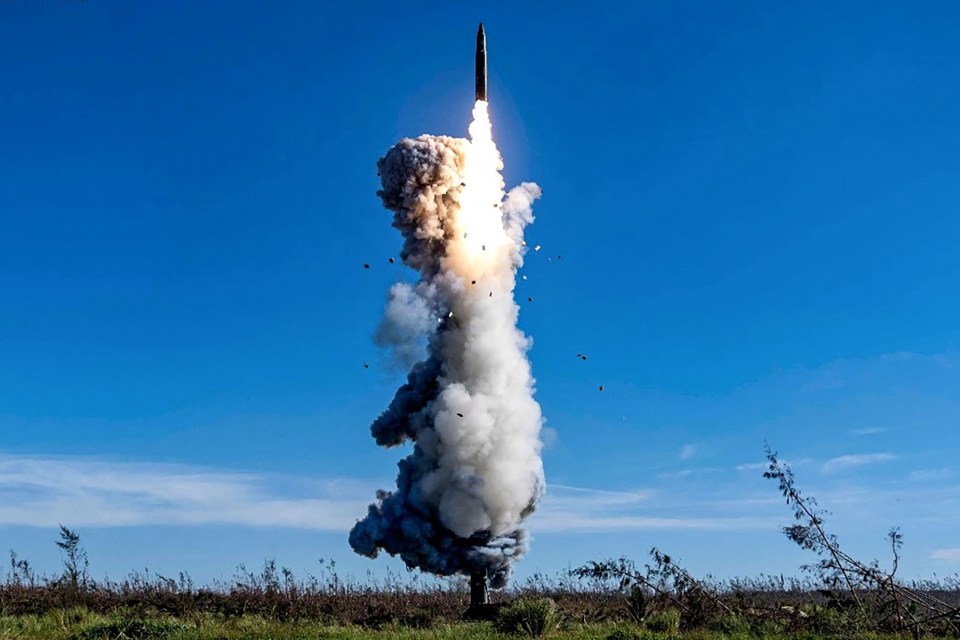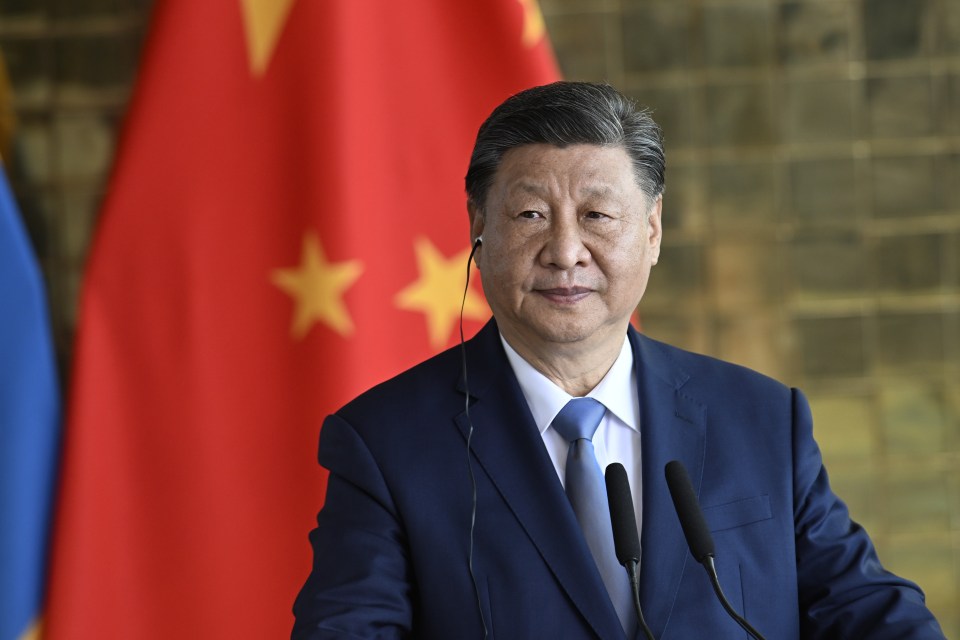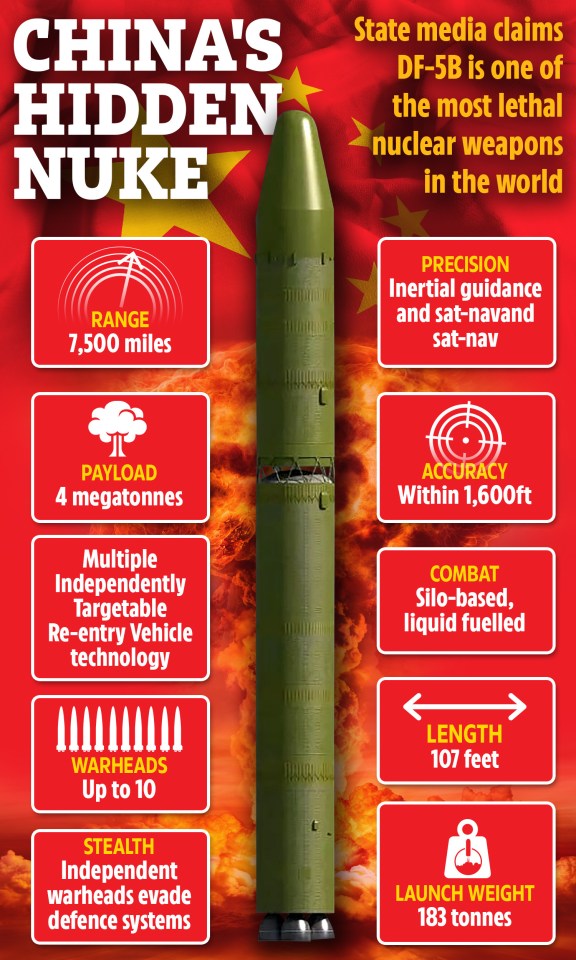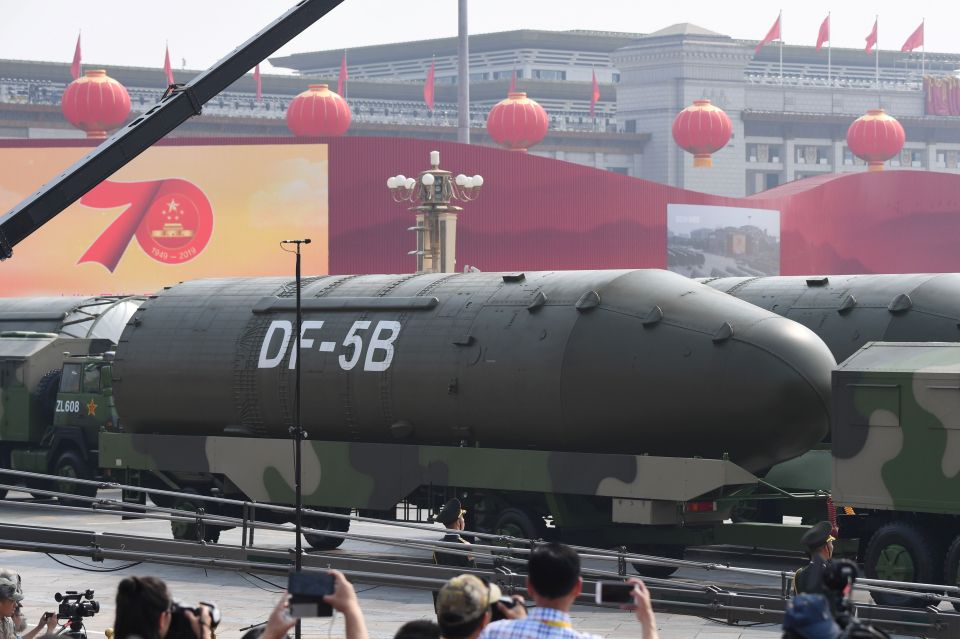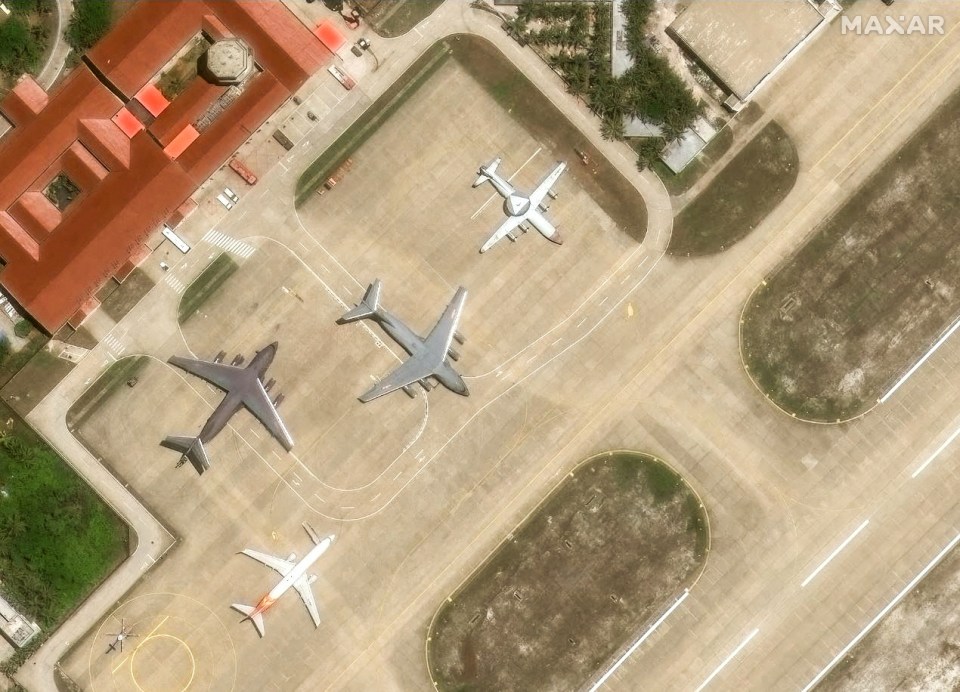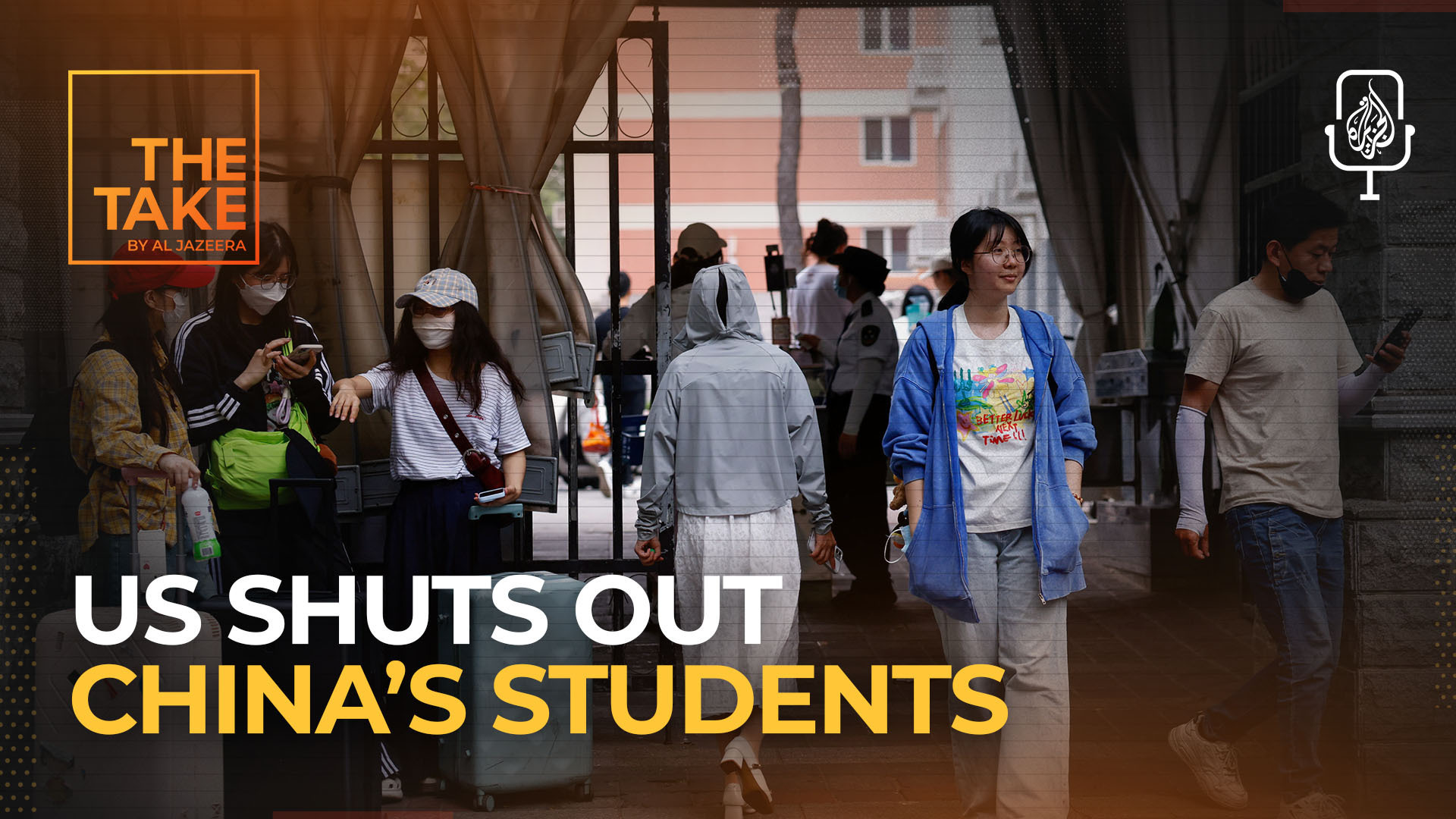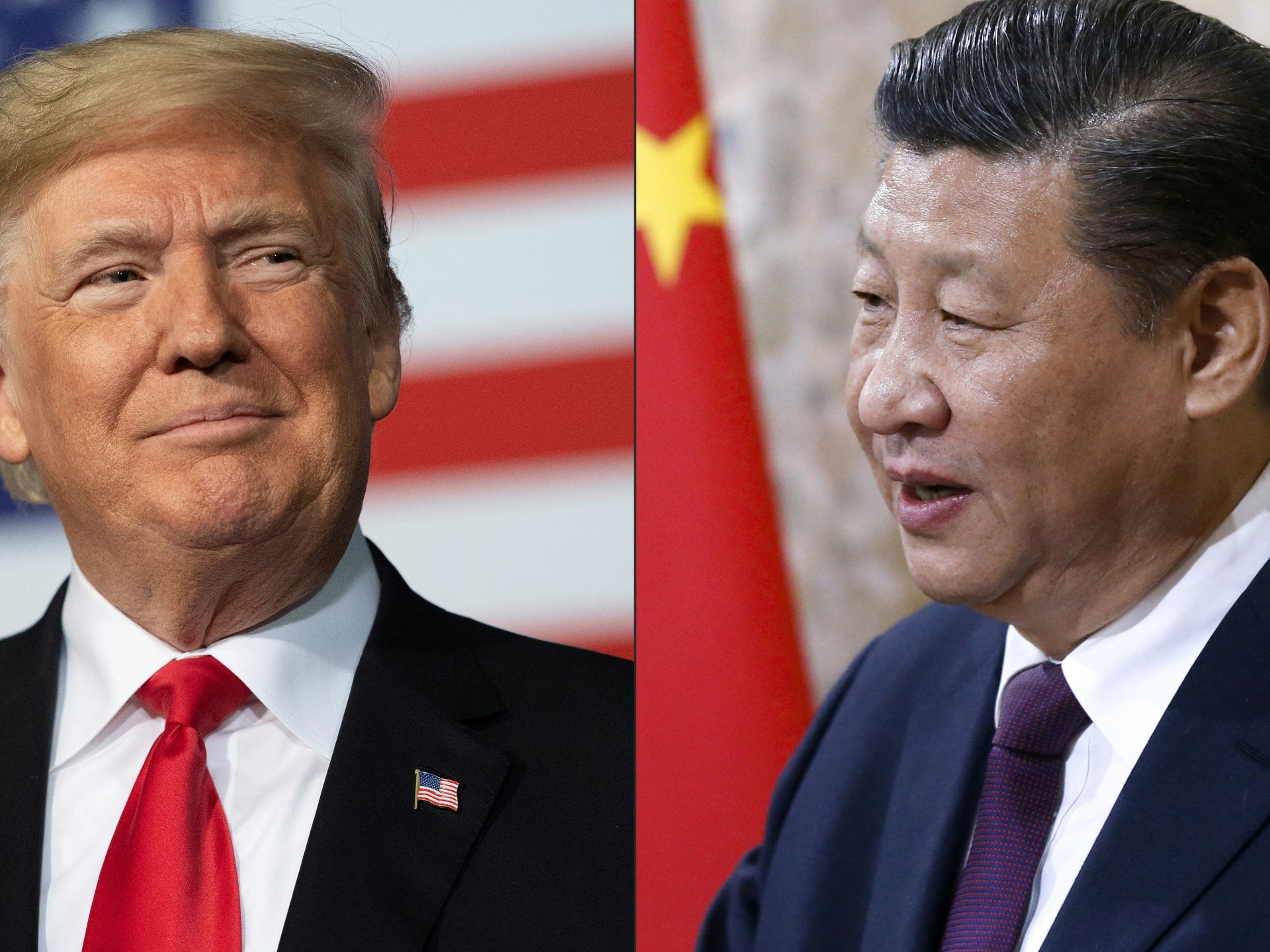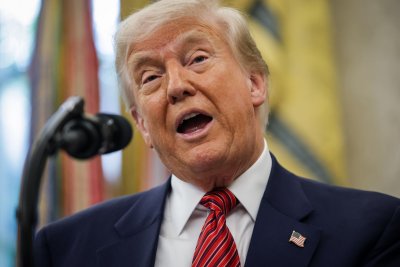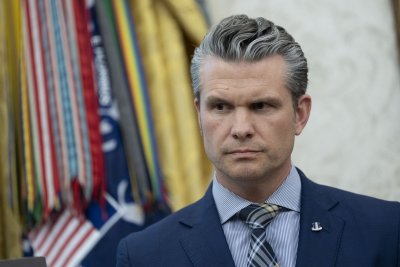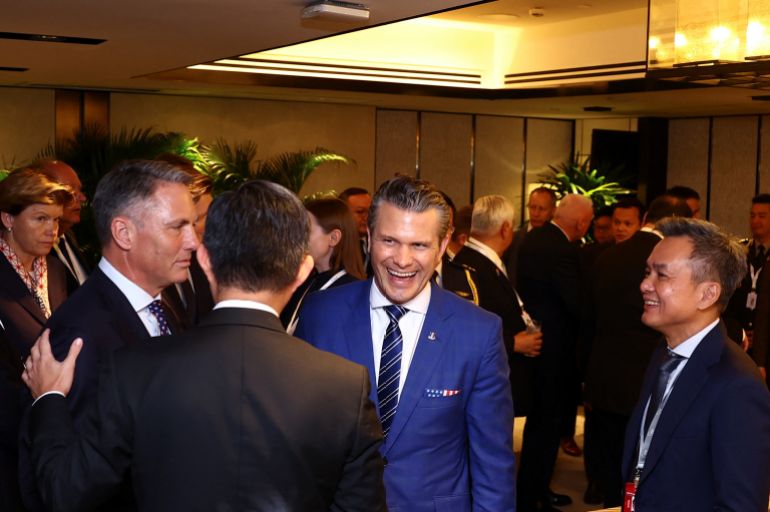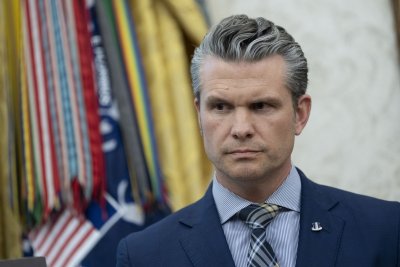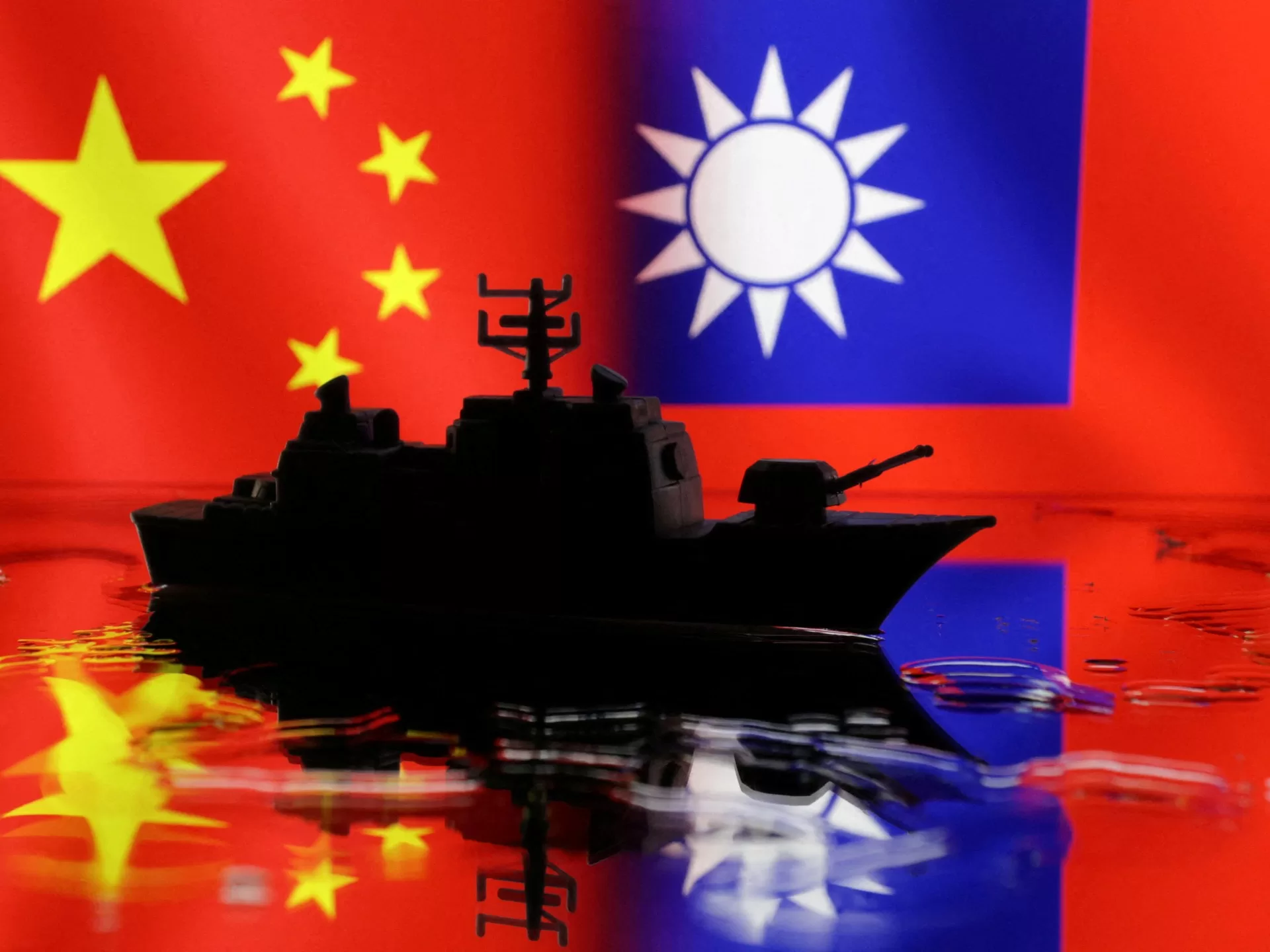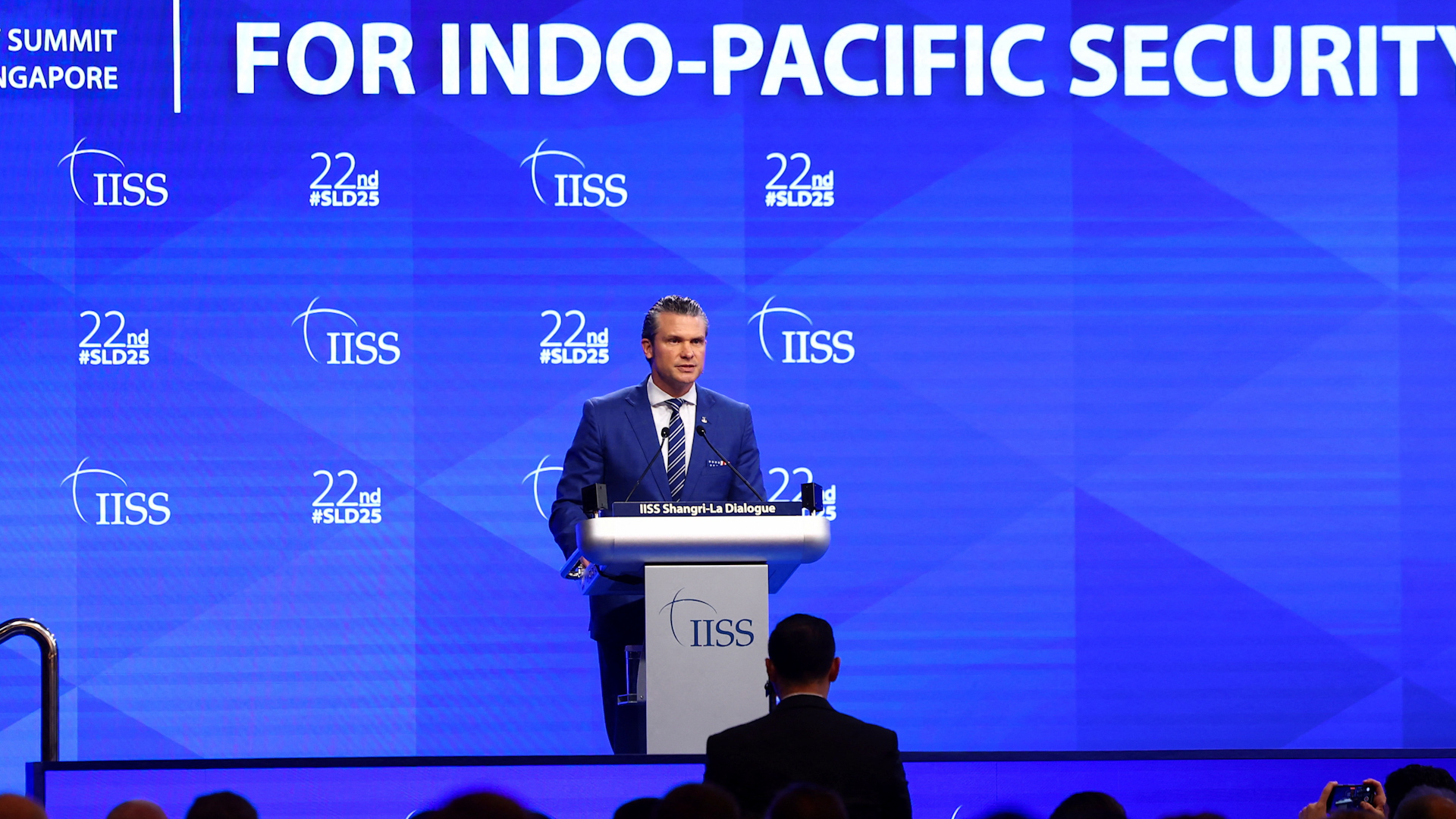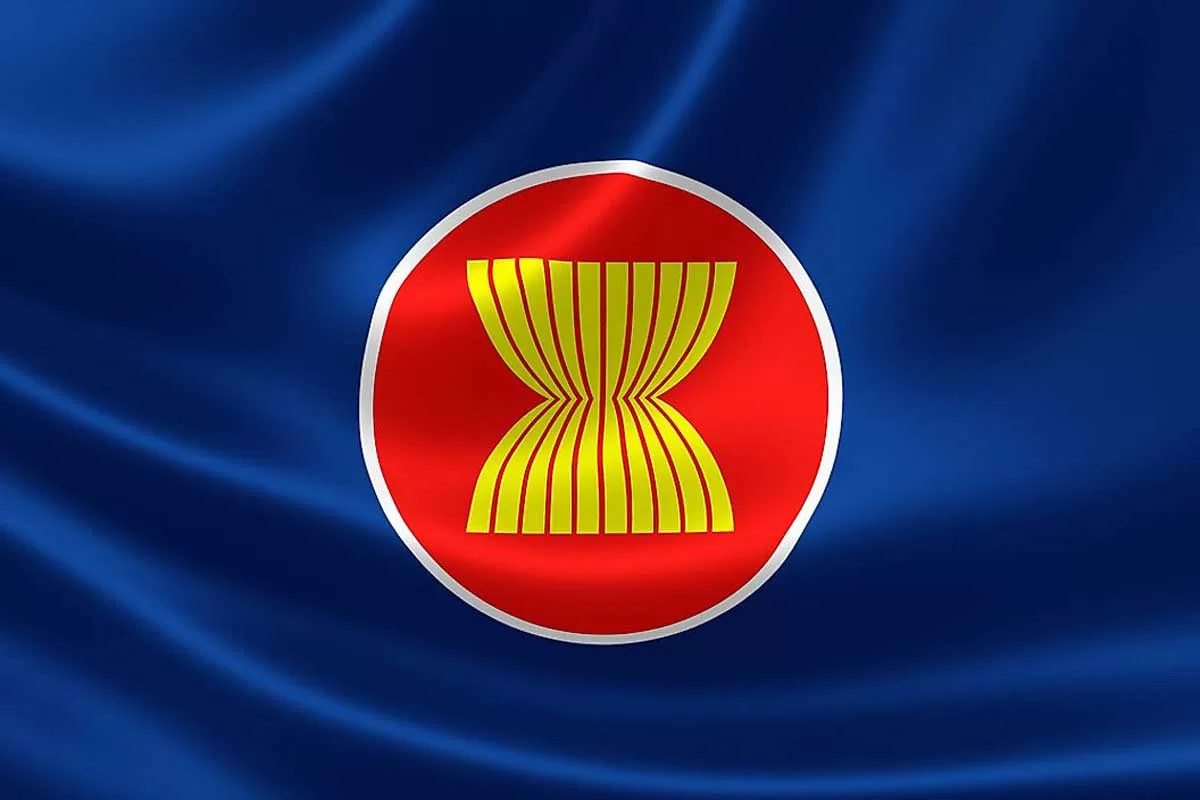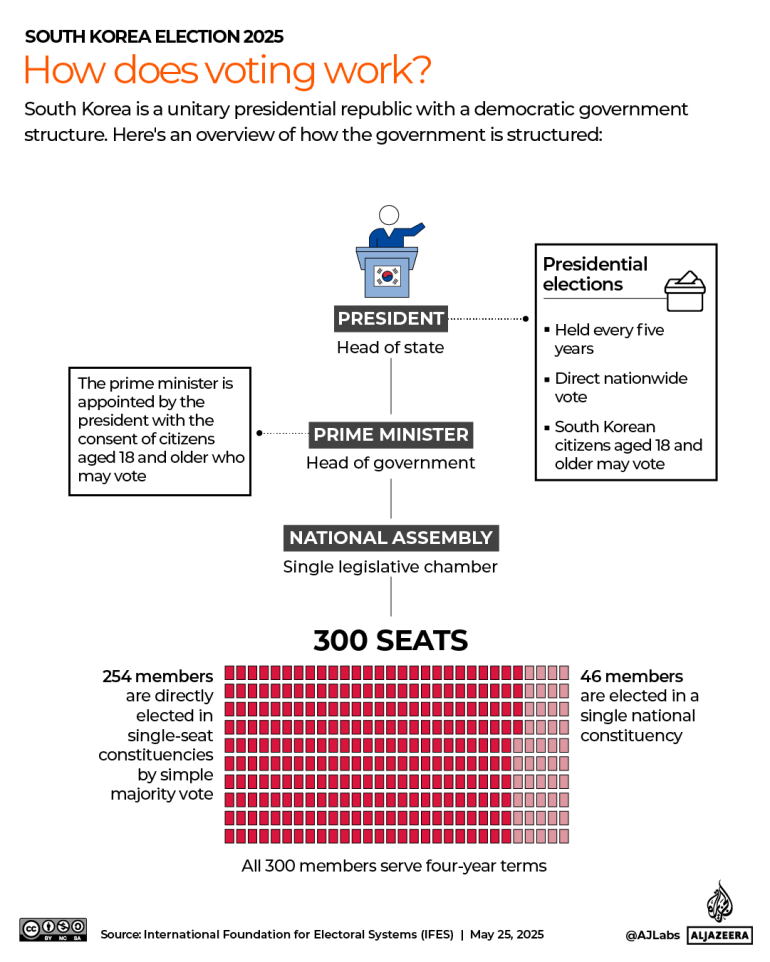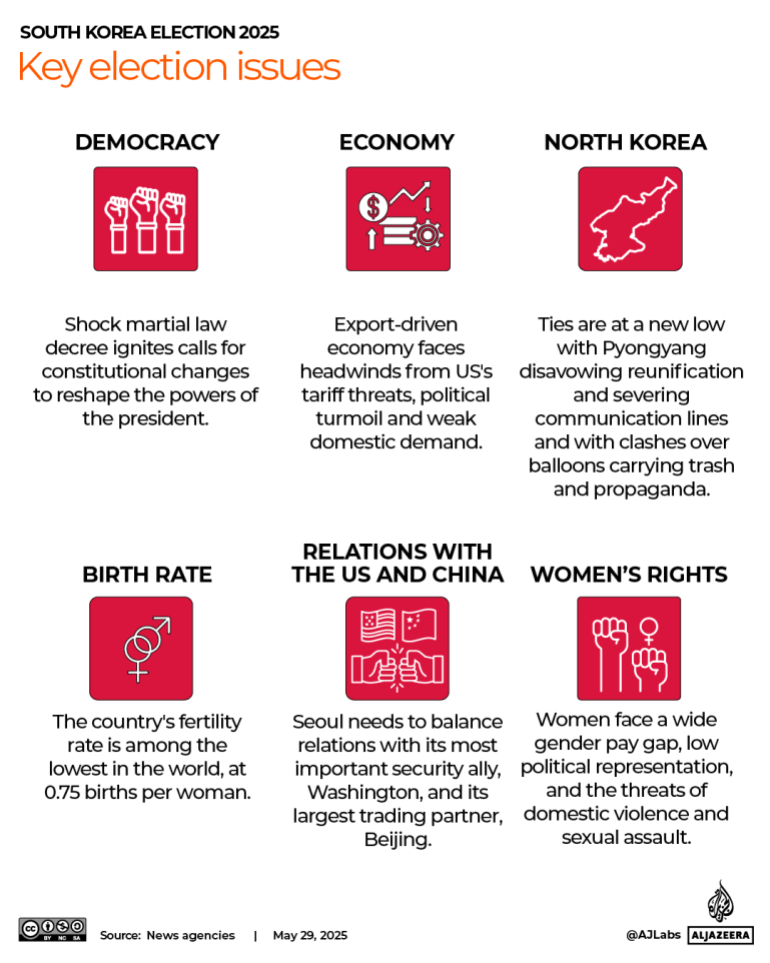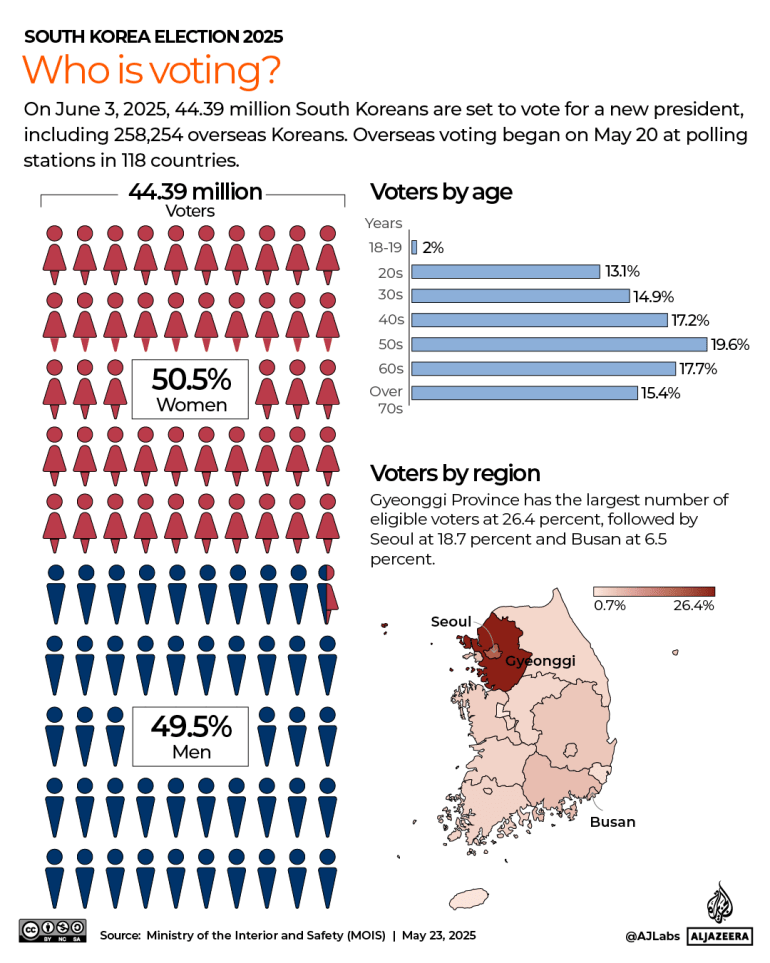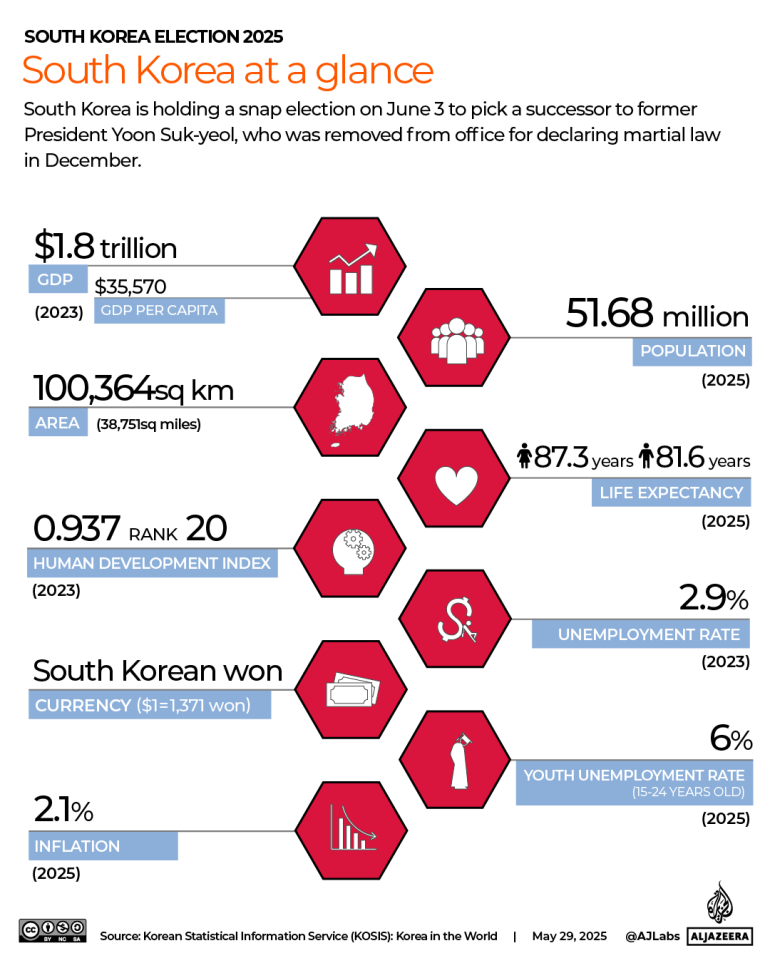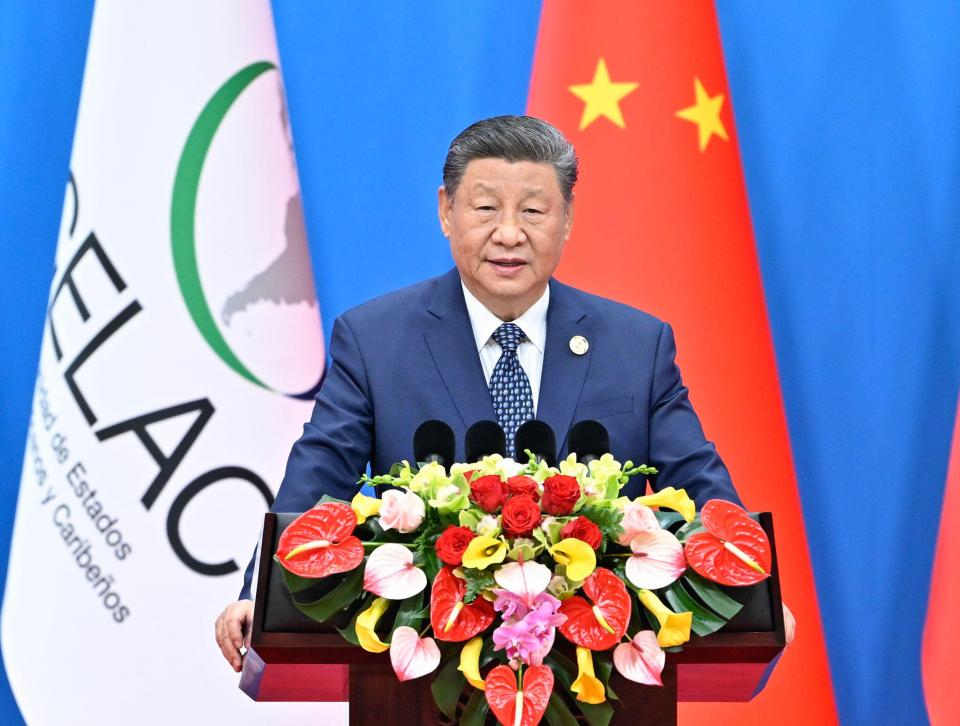China to fast-track applications for rare-earth minerals to US, EU
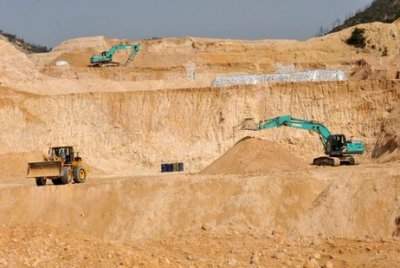
A rare earth mine is in Ganxian county in central China’s Jiangxi province. Photo by EPA-ESE
June 7 (UPI) — China has agreed to fast-track approvals for the shipment of rare earth minerals to the United States and some European Union nations.
U.S. President Donald Trump and Chinese leader Xi Jinping spoke Thursday about easing trade tensions.
On Saturday, China’s Minister Seceary Wang Wentao said his nation is “willing to establish a green channel for qualified applications to speed up approval.” Details weren’t given, including the speed of the process and which EU nations are included.
China controls 90% of the global processing of rare earth minerals. Major deposits also are found in the United States, Australia and Russia. Smaller amounts are in Canada, India, South Africa and Southeast Asia.
Rare earth minerals are in the Earth’s crust, making them difficult to extract. They include lanthanide, scandium and yttrium, all on the Periodic Table of Elements. Some major minerals that contain rare earth elements are bastnasite, monazite, loparite and laterite clays.
The first rare-earth mineral was discovered in 1787 — gadolinite, a black mineral composed of cerium, yttrium, iron, silicon and other elements.
U.S. needs rare earth minerals
The minerals are critical to American industries and defense, including use in cars and fighter jets. Batteries contain the minerals
Trump posted on Truth Social on Thursday “there should no longer be any questions respecting the complexity of rare Earth products.”
On April 29, the United States and Ukraine created a Reconstruction Investment Fund that includes rare earth mineral rights in the European nation. Trump and Ukrainian President Volodymyr Zelensky were originally set to sign the minerals deal on Feb. 28, but the plan was scrapped after a tense exchange between them in the Oval Office in which Trump accused him of “gambling with World War III.”
The United States wants access to more than 20 raw materials in Ukraine, including some non-minerals, such as oil and natural gas, as well as titanium, lithium, graphite and manganese.
The Chinese commerce ministry confirmed some applications have been approved without specifying industries covered.
Some Chinese suppliers have recently received six-month export licenses, the American Chamber of Commerce in China said Friday, but it noted that there is a backlog of license applications.
In a survey of member companies conducted by the American Chamber of Commerce in China late week, 75% say their stock would run out within three months, CNN reported.
Jens Eskelund, the chamber president, said member companies were “still struggling” with the situation.
“I hadn’t realized just how important this rare earth card was before. Now the U.S. side is clearly anxious and eager to resolve this issue,” he said a video on Thursday. “But of course, we’ll link this issue to others — the U.S. is restricting China on chips and jet engines, then China certainly has every reason to make use of this card.
“As for whether China will change its rare earth export control policy, that probably still needs to be negotiated in more detail,” Jin added.
Trump said Xi and himself “straightened out” some points related to rare earth magnets, calling it “very complex stuff.”
The U.S. federal government said China had reneged on its promise made in Geneva on May 12.
Delegations from Beijing and Washington plan to meet in Great Britain on Monday for trade negotiations.
At the height of tariff war, China had imposed export restrictions on some minerals on April 4. Trump two days planned a 120% “reciprocal” tax on top of 25% levy on Chinese goods.
But one week later it paused the bigger tariffs, including on other countries for 90 days.
European nations’ needs
China’s commerce ministry pledged to address the EU’s concerns and establish a “green channel” for eligible applications to expedite approvals. He went to Brussels, Belgium, earlier this week and met with European Union’s trade commissioner, Maros Sefcovic.
It’s a problem for China and the EU.
Sefcovic said the pause was slowing deliveries for manufacturers of a wide range of items from cars to washing machines.
Wang urged the EU to “take effective measures to facilitate, safeguard and promote compliant trade of high-tech products to China.”
On Friday, the European Chamber, a Beijing lobby group, warned progress had “not been sufficient” to prevent severe supply chain disruptions for many companies.
